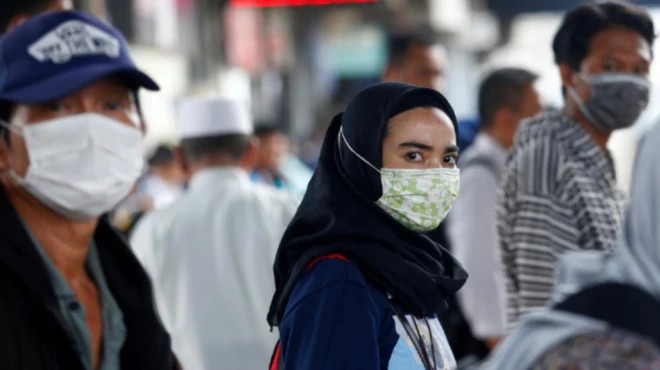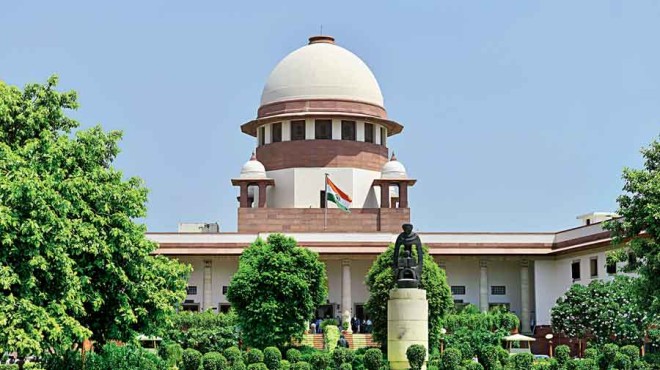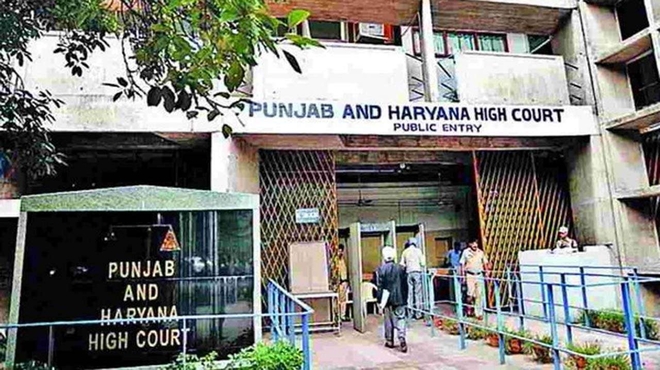Large assembly of people has been prohibited in all major cities following the promulgation of the prohibitory orders under Section 144 of the Criminal Procedure Code. This step has been taken by the government to contain the spread of coronavirus, which transmits from one person to another or through contact with those who are positive.
The Executive Magistrate has been vested with powers to impose the legal provision in order to deal with situations arising out of emergencies. We have earlier seen the imposition of Section 144 for the maintenance of law and order during riots or during undesired gatherings of people wanting to take out rallies during sensitive situations.
What does imposition of Section 144 mean?
Section 144 of Criminal Procedure Code authorizes the Executive Magistrate of any state or territory to issue an order to prohibit the assembly of four or more people in an area. As per the law, each member of such an & lsquo unlawful assembly' can be charged for engaging in rioting. In other words, it prohibits the congregation of four or more people in one place when the order is in force.
However, the government has defined the exceptions for the people to whom the section will not be applicable. The list includes people providing essential services such as medical help, banks, hospitals, etc.
What action can be taken against someone who violates the order?
Any person violating the prohibitory orders can be charged under Section 188 of the Indian Penal Code, i.e. Disobedience to order duly promulgated by public servant. If an order under Section 144 of the CrPC has been violated the police are authorized to exercise their powers under Section 188. However, the nature of the offence would decide the exercise of the provisions under the Act.
Under Section 188 (1), the police have the power to arrest and detain anybody for some time, any person who violates such order. The punishment under the section after trial can go up to one month of simple imprisonment if the person is convicted of violating the order.
However, if a person arrested for violation of the order has a potential to threaten the law and order, or to endanger the lives of other people, the person arrested can be charged under Section 188 (2) of the Indian Penal Code. In such a case, the police have the power to detain the violator for a maximum of 24 hours before the violator has been let off on bail and can also be punished with up to six months of simple imprisonment if the person is convicted.
The sections are both cognizable and bailable, which means, the violation under Section 144 would necessitate arrest and a person charged under the Section can be released on bail. Moreover, a fine up to Rs. 1,000 can also be imposed on the person charged with violation of Section 144.
The police also have the power to confiscate the vehicle of the violator. The period of confiscation of the vehicle can also be extended by the police if they deem fit. Furthermore, the police can also impound the driving license of the violator.
With over 2,00,000 confirmed cases and over 8,000 deaths, following shutdown of public areas and flight cancellations, the novel coronavirus (COVID-19) has been declared as a worldwide pandemic by the World Health Organisation (WHO) recently. It has become necessary for public health and safety to take measures that are effective in ultimately slowing down the widespread of COVID-19. Imposition of Section 144 of the CrPC is a step taken by the government to tackle the pandemic as the world awaits a vaccine to fight with the same.

.jpg)



 625+ Lawyers are online
625+ Lawyers are online 


.jpg)


